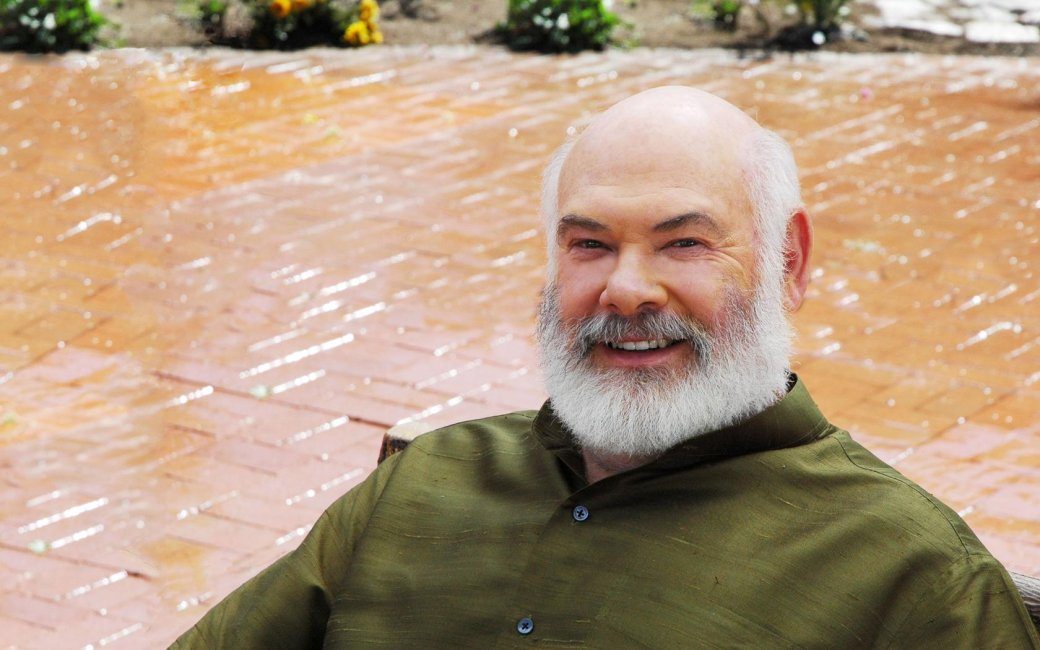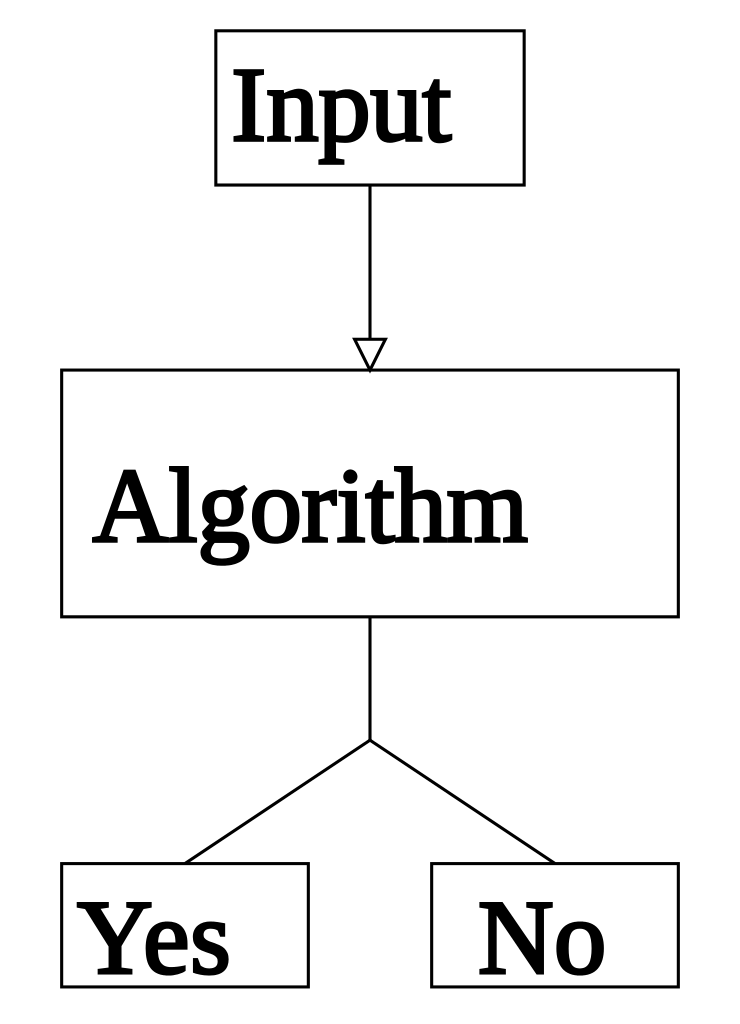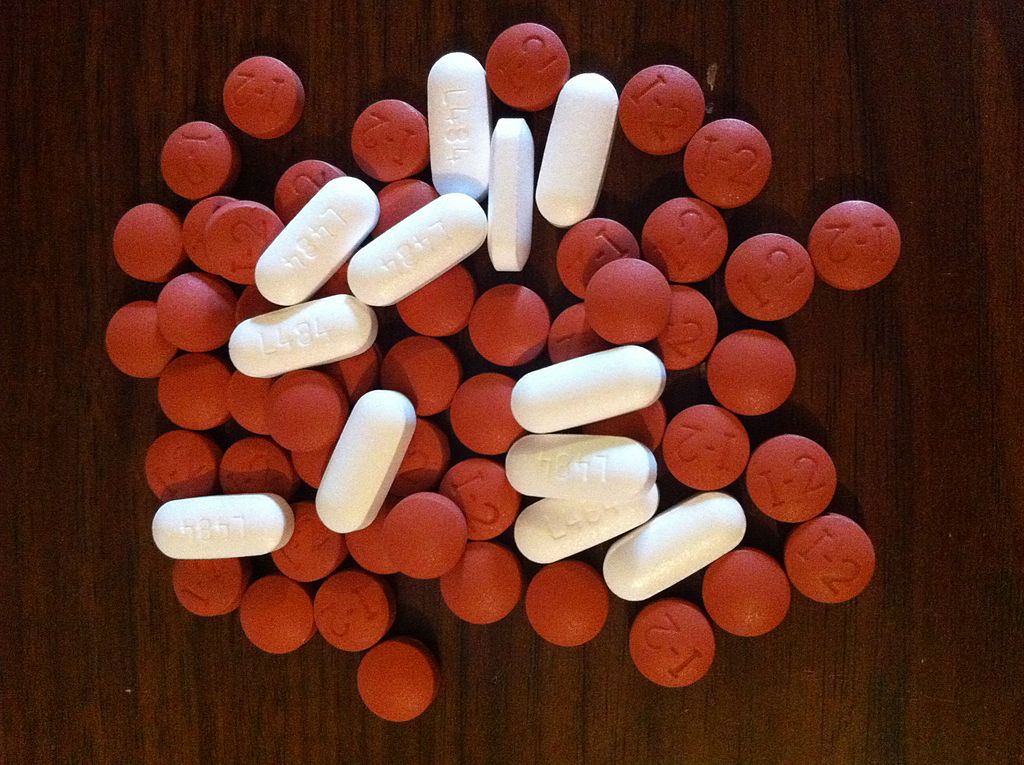Results for: placebo
Cranberry, the alt-med zombie
If there’s a characteristic that’s common among proponents of alternative medicine, it’s tenacity. The willingness to stick with an idea, no matter the evidence, must give one a certain clarity. The naturalistic fallacy is often the foundation. Natural is good, synthetic is bad, no matter the evidence. In some cases, in spite of the evidence. How one deals with contradictory evidence is...

AAFP CME Program Succumbs to “Integrative Medicine”
For many years I have been using Continuing Medical Education (CME) programs offered by the American Academy of Family Physicians (AAFP). The FP Essentials program consists of a monthly monograph with a post-test that can be submitted electronically for 5 hours of CME credit. Over a 9-year cycle, a complete family medicine curriculum is covered to prepare participants for the re-certification board...
The final nail in the coffin for the antivaccine rallying cry “Too many too soon”?
There are some weeks when I know what my topic will be—what it must be. These are weeks in which the universe gives the very appearance of handing to me my topic for the week on the proverbial silver platter with a giant hand descending from the clouds, pointing at it, and saying, “Blog about this, you idiot!” Usually, it’s because a...
Evidence Thresholds
Defenders of science-based medicine are often confronted with the question (challenged, really): what would it take to convince you that “my sacred cow treatment” works? The challenge contains a thinly veiled accusation — no amount of evidence would convince you because you are a nasty skeptic. There is a threshold of evidence that would convince me of just about anything, however. In...
At Your Own Risk
In 2011, Americans spent some $30 billion on dietary supplements. Yet, except for the industry itself and a few politicians and “health freedom” advocates, you’d be hard pressed to find anyone (who’s given it some thought) of the opinion that dietary supplement regulation is adequate. Three recent reports, two from the government and one from a newspaper, demonstrate why this near-universal conclusion...

Clinical Decision-Making Part III
How do doctors make clinical decisions to arrive at a diagnosis? Part 3 of a 3-part series.
It’s a part of my paleo fantasy, it’s a part of my paleo dream
There are many fallacies that undergird alternative medicine, which evolved into “complementary and alternative medicine” (CAM), and for which the preferred term among its advocates is now “integrative medicine,” meant to imply the “best of both worlds.” If I had to pick one fallacy that rules above all among proponents of CAM/IM, it would have to be either the naturalistic fallacy (i.e.,...

Anti-inflammatory drugs: A closer look at the risks
If science-based medicine reflects the application of the best evidence, then we should expect practices to change when new data emerges. In the long run that’s generally true, and the progressive gains we’ve seen in the management of disease reflect this. But in the short run, change can be maddeningly slow, and there are many areas of medicine where we could be...
Acupuncture and Allergic Rhinitis: Another Opportunity for Intellectual Sterility
You need to keep an open mind. A common suggestion offered to naysayers of nonsense. The usual retort concerns not letting one’s brain fall out. Evaluating SCAM’s is less about having an open mind and more about having standards, a conceptual framework that is used to interpret and analyze new information. One of the benefits of writing and reading topics covered by...
Legislative Alchemy: Acupuncture and Homeopathy 2013
Acupuncture, or more broadly, Oriental or Traditional Chinese Medicine, is a weird medley of philosophy, religion, superstition, magic, alchemy, astrology, feng shui, divination, sorcery, demonology and quackery. And via the particular form of magic known as legislative alchemy, acupuncture is a licensed health care profession in 44 states and the District of Columbia. A growing body of evidence demonstrates acupuncture is simply...

